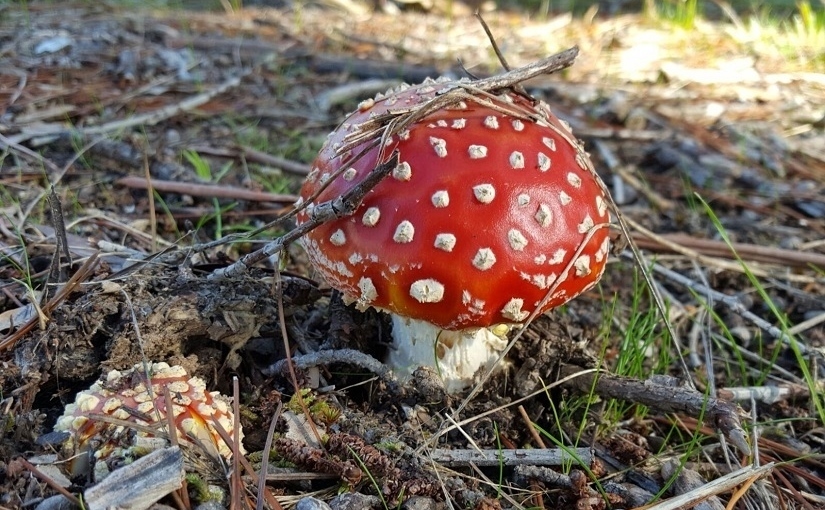Ideas around nature, meaning and society have flowed through a few posts lately (see Notes One), and point towards some of the more fundamental realities of life: that we exist in relationship to the natural world and much of human culture over the years bears witness to the changing forms that’s taken.
Traditions are often interwoven with the world around us: harvests, solstices, occasions for celebration, and times for drawing together. Human cultures can be seen to reflect our experiences of the seasons, the solar system, and the practical realities of the civilisations that forged a path alongside them.
That’s clearly a vast conversation, touching into history and belief as much as modern life. But my main point is that culture seems to come out of our connections with the world we live in.
At times that seems to have served to reinforce our place within nature and the ways society depends on it: human activities were directed towards their interactions with the land, upon which survival often rested. Everyday life was largely defined by environment and celebrations were closely tied to the hopes people had to place on that relationship.
All of that can seem naïve to the modern mind, given how we’ve largely divorced ourselves from such obvious dependency on the natural world. But surely that’s largely an illusion? We might appear more separate now, as urbanisation and remote production mean we don’t really see these realities, but to what extent can that ever truly be the case?
These days, the passing of the seasons can seem more an inconvenience we haven’t yet overcome. Our efforts to regulate our environments and increase our comfort seem to be insulating us quite effectively from certain realities. While we might complain about hot weather, cold weather, strong winds and grey skies, we ultimately still depend on nature’s regularity.
Unless of course we intend to generate all plant life artificially and are content to have our cultural realities shaped either by our own inclinations or the designs of the entertainment industry. Which seems an option, I suppose. It would take away seasonal uncertainties and liberate us from shared meanings if we just arranged things for ourselves.
I guess that’s the outcome of modern trains of thought: to be free of our dependence on nature and the meaning we once got from that. I’m not sure how intentional that second part is though. Do we mean to remove the meaning from our lives? Do we want to just define our own personal worlds of meaning?
Maybe we do. For me, there’s meaning to our environments and the ways we choose to live in relation to them (Notes Two). We exist within the world, and its realities of dark and light, warmth and cold, life and death are part of being human. We might seek to overcome that and celebrate signs that we’ve indeed conquered the ‘injustices’ of time, death and mortality, but these things can still be seen to hold significance in life.
Notes and References:
Note 1: Aesthetic value of nature
Note 1: Gardening & local environment
Note 2: Missing something with modern culture?
Note 2: Culture selling us meaning
Note 2: Age, image & self worth
In “Education’s End”, Anthony Kronman also spoke of how limitations effectively give our lives meaning.

